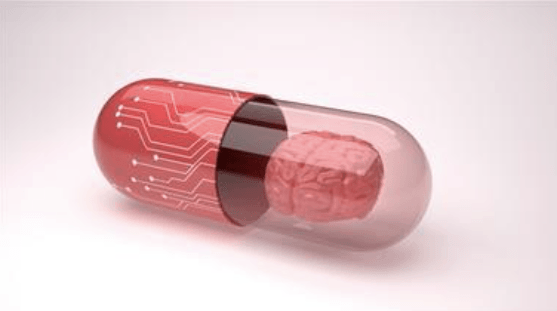Cholesterol Lowering Statin Drugs Trigger Brain Changes With Devastating Effects
Data from the CDC in 2017 show heart disease causes one death every 37 seconds in America and that it is the leading cause of death in the U.S. It created a financial burden of $219 billion in 2014 and 2015. Every 40 seconds someone has a heart attack. Those at higher risk are smokers and those who have high blood pressure, high blood cholesterol and/or diabetes. Since researchers believed cholesterol levels contribute greatly to heart disease, pharmaceutical companies focused on developing a drug that might be marketed to millions when they first began searching for a “cure” to what is known as “hardening of the arteries.” After a historical journey beginning in the mid-20th century,3 the first statin drug was released in 1987 — lovastatin. As mainstream medicine continues to prescribe statin medications to a growing number of patients whether they currently have cholesterol levels deemed higher than normal or not, others are warning this trend is likely placing more people at risk than it is helping. Dr. Beatrice Golomb is a professor of medicine at the University of California, San Diego, whose recent research has focused on statin use. In her answer to a question by a Scientific American reader, she writes about how statins affect your neurological system and, more specifically, your brain:7 "Between 2003 and 2012 roughly one in four Americans aged 40 and older were taking a cholesterol-lowering medication, according to the Centers for Disease Control and Prevention. But studies show that statins can influence our sleep and behavior — and perhaps even change the course of neurodegenerative conditions, including dementia. In 2015, my colleagues and I observed that women taking statins, on average, showed increased aggression; men typically showed less, possibly because of reduced testosterone levels. Some men in our study did experience a marked increase in aggression, which was correlated with worsening sleep."






